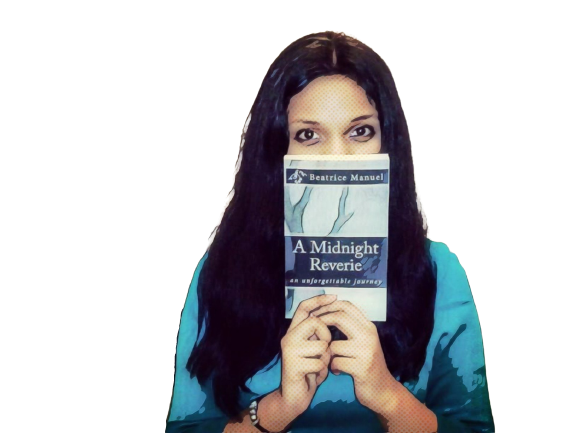
Social media has evolved into an all-pervasive part of the 21st century, imposing a powerful impact on the current generation and the ones to come.
2001 marked the start of the ‘Golden Era’, with the rise of prominent social networks such as Facebook and Twitter leading to a subtle yet significant shift in the public’s perceptions. By the year 2020, worldwide users are predicted to rise to a third of the world’s population, a startling amount of 2.95 billion people.
Social media is both a means for a global society and a gateway for corporate giants, political leaders and governments to influence public perception. The US presidential elections, for instance, have shown the extent to which social media can shape public opinion and put up a false front to the masses. The introduction of this form of technology has led to a change of dynamics in politics, with Donald Trump being a glaring example.
Western governments, namely the US and UK, use social media proactively, in comparison to other world governments, to engage and connect with the public. Most politicians put on the stereotypical facade of being loyal public servants and appeasing to their hundreds of thousands of followers. Trump, however, was blunt and unfiltered in his communications which led to his flame burning brighter than any other.
The world of social media favors controversy to reason. Although social media has led to timely information, transparency and accessibility, the authenticity of these sources is highly questionable. The distinction between real and fake has become increasingly difficult to make. Most of what we see on social media is a mixture of truth and lies, falsities and speculation. This application in a political framework is all the more concerning.
his application in a political framework is all the more concerning.

The public perception of hegemonic structures is not as independent from the subject as most would wish to believe. As Louis Althusser proposed, with governments and political leaders exerting their dominance on the masses, everything we consume is a product of selective filtering and control by their very hands. The rise of social media poses a sparkling opportunity for exploitation of the truth that is perceived by the public whose votes and support they rely on.
Perception counts for everything in social media. When, as individuals, we try to project our ideal selves on Facebook and Instagram, it is understandable that politicians too would do the same for personal gain. Their intentions involve increasing their power and avoiding controversy, while simultaneously keeping the public in the dark.
Donald Trump, however, did the opposite and still managed to come out as the victor. By engaging in post-truth politics both online and offline, and portraying himself as an advocate against the media (which largely favored Hillary Clinton and the State), he not only made a spectacle of himself to his 25.7 million Twitter followers but secured public votes too. Objective facts were disregarded in the face of emotionalism. Trump used this to his benefit by feeding off the public’s distrust in government institutions and the media through his campaigns and social media presence. Although most of Trump’s unsubstantiated arguments were far off the spectrum of ‘rational’, his followers perceived it on an emotional level and voted him into presidency.
We live in an information age centered around social media that is a combination of both truth and ‘alternative facts’, Trump popularizing the latter. Social media is a double-edged sword, posing massive benefits to its users while also diluting their perceptions of reality. In the hands of the wrong people, it is a manipulative weapon of the very truth the public wishes to know.

0 Comments